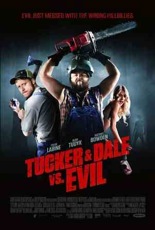
 It’s getting to the point where people are making more postmodern meta-commentaries on the horror genre than they are making actual horror films. But that’s not a complaint. The whole reason I love the genre is because of the opportunities it allows for smart-asses to mess around with it. Which explains why I loved Tucker & Dale vs. Evil as much as I did. When it ended, I knew that it suffered from playing the same note over and over again, but I loved that note far too much to give anything resembling a fuck.
It’s getting to the point where people are making more postmodern meta-commentaries on the horror genre than they are making actual horror films. But that’s not a complaint. The whole reason I love the genre is because of the opportunities it allows for smart-asses to mess around with it. Which explains why I loved Tucker & Dale vs. Evil as much as I did. When it ended, I knew that it suffered from playing the same note over and over again, but I loved that note far too much to give anything resembling a fuck.
It helps that the film takes on the one horror cliché I truly, truly, truly hate with all of my heart: asshole victims. For a horror film to be frightening, a filmmaker must provoke empathy, not disgust. Make us care about your characters and we’ll tense up whenever they’re threatened. Make us loathe them and we’ll happily cheer on the maniac who’s supposed to scare us. Problem is doing the former is a lot harder than the latter, so most filmmakers don’t even bother to try.
 Tucker & Dale takes on this cliché by turning the frat-asshole douche-cunts horror movies typically expect us to care about and making them the villains. Our heroes are the titular friendly buddies, whose lack of style and social pretensions could be confused from a distance as something out of Deliverance. Both are in the woods to work on Tucker’s fixer-upper of a vacation home, but when they fish an unconscious coed (Katrina Bowden of TV’s 30 Rock) out of the river, her idiot friends assume they’re kidnapping her, and accidentally kill themselves in various gruesome ways trying to “rescue” her.
Tucker & Dale takes on this cliché by turning the frat-asshole douche-cunts horror movies typically expect us to care about and making them the villains. Our heroes are the titular friendly buddies, whose lack of style and social pretensions could be confused from a distance as something out of Deliverance. Both are in the woods to work on Tucker’s fixer-upper of a vacation home, but when they fish an unconscious coed (Katrina Bowden of TV’s 30 Rock) out of the river, her idiot friends assume they’re kidnapping her, and accidentally kill themselves in various gruesome ways trying to “rescue” her.
From the beginning, it’s easy to see where the film is going and it never deviates from that path, but that doesn’t stop it from being a really fun time. Most of this is due to the wonderful performances by Alan Tudyk and Tyler Labine as the title characters. Both bring a sweetness and innocence to their roles that make them every bit as sympathetic as a horror movie victim should be. —Allan Mott

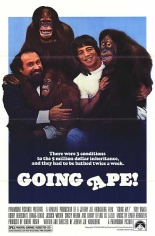
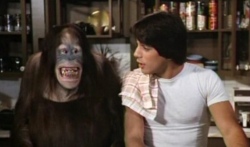 In
In 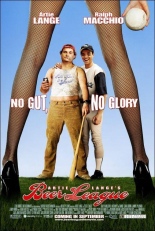
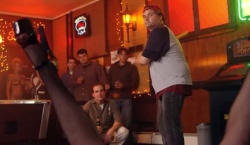 On and off the field, Artie’s rival is mayoral candidate Mangenelli (Anthony DeSando,
On and off the field, Artie’s rival is mayoral candidate Mangenelli (Anthony DeSando, 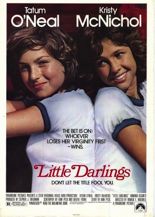
 In what amounted to a 1980 casting coup, the film stars Academy Award winner Tatum O’Neal and two-time Emmy winner, Kristy McNichol (who just happened to be my first celebrity crush when I was 8 years old) as the titular darlings. O’Neal is Ferris, the rich girl, and McNichol is Angel, the tough girl; they quickly become summer-camp rivals and compete to “become women” by pursing Armand Assante and Matt Dillon, respectively.
In what amounted to a 1980 casting coup, the film stars Academy Award winner Tatum O’Neal and two-time Emmy winner, Kristy McNichol (who just happened to be my first celebrity crush when I was 8 years old) as the titular darlings. O’Neal is Ferris, the rich girl, and McNichol is Angel, the tough girl; they quickly become summer-camp rivals and compete to “become women” by pursing Armand Assante and Matt Dillon, respectively. 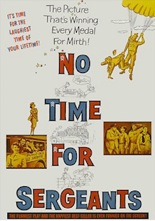
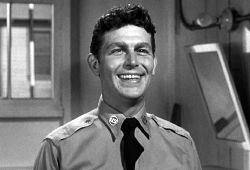 If this sounds familiar, it’s because Griffith used the concept as the basis for his Mayberry spin-off
If this sounds familiar, it’s because Griffith used the concept as the basis for his Mayberry spin-off